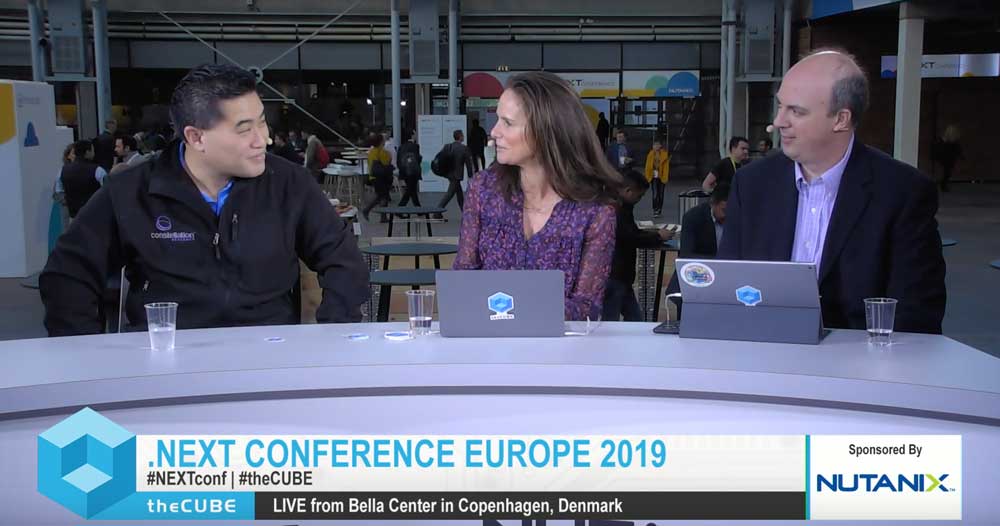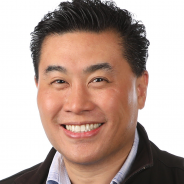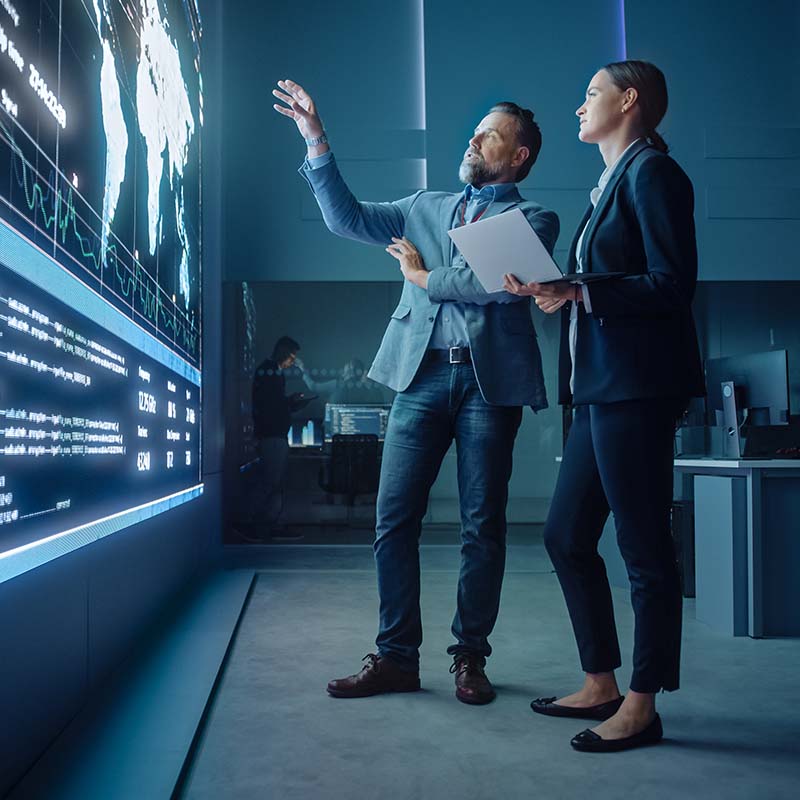The entire corporation should run on half a rack of IT. Focus the most talented people on brand, not infrastructure. If the company is fixated solely on selling products and services, it’s doomed within a decade. Ray Wang has a knack for making brash statements like these convincing.
As co-founder and lead technology analyst at Constellation Research, Wang makes the rounds talking on CNBC and meeting with company leaders at some of the world’s biggest tech events. He’s plugged into the people and trends shaping enterprise computing and knows how to make sense of an industry that’s constantly outdoing itself.
With an amiable rapid-fire delivery and an arsenal of relevant big-company anecdotes, Wang jumped from a VP role at Forrester to co-found Altimeter Group a decade ago, but quickly launched his own firm. He was a regular contributor to the Harvard Business Review before HBR published his 2015 book Disrupting Digital Business: Create an Authentic Experience in the Peer-to-Peer Economy. Now he’s become a popular keynote speaker, who also gets into healthy discussions with his nearly 125,000 Twitter followers.
“I've always been interested in the place where technology and business come together,” he said. “Because those things are orthogonal in many ways. You see parts, but you don't see the whole picture.”









